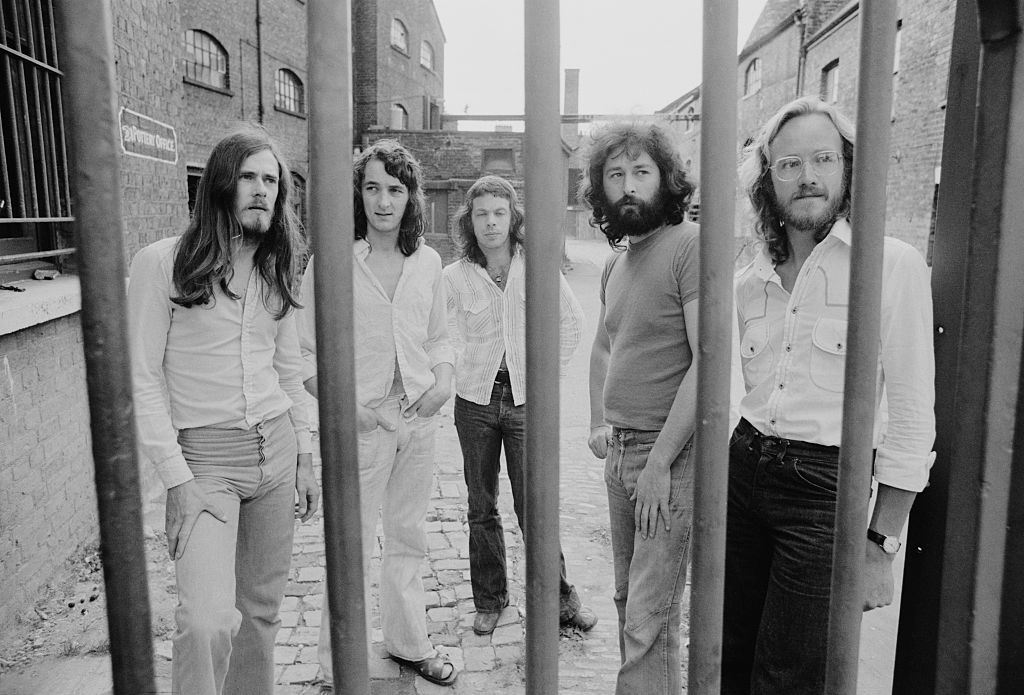Rick Davies, the voice and keyboardist behind some of Supertramp’s most enduring songs, has died at his Long Island home at the age of 81.
The band confirmed the news in a statement on September 7: “The Supertramp Partnership is very sad to announce the death of Supertramp founder Rick Davies after a long illness. We had the privilege of knowing him, and playing with him for over 50 years. We offer our sincere condolences to Sue Davies.” Davies had been living with multiple myeloma, a rare blood cancer, for more than a decade.
Formed in 1969, Supertramp got their name from William Henry Davies’ book The Autobiography of a Super-Tramp. Their first two records went largely unnoticed, but when Davies retooled the line-up with bassist-vocalist Roger Hodgson, the gears started turning. The breakthrough came in 1974 with Crime of the Century, a record that fused prog’s ambition with pop precision. Davies’ own ‘Bloody Well Right’ and the title track sat alongside Hodgson’s ‘Dreamer’, pulling the band into the mainstream.
Believer – Remastered
By the late ’70s, Supertramp had cracked the code. Davies co-wrote songs that became staples of classic rock radio, ‘Goodbye Stranger’, ‘Cannonball’, ‘My Kind of Lady’, while 1979’s Breakfast in America launched them to global superstardom. That record went quadruple platinum in the States, won two Grammys, and earned an Album of the Year nod, cementing Supertramp as unlikely prog to pop heroes.

A Different Path
Davies’ path started far from arena stages. Born in Swindon, Wiltshire, he first took to the drums after discovering jazz great Gene Krupa. “That one hit me like a rocket,” Davies recalled in 1997. But once he sat behind a piano, something clicked: “Suddenly people were responding to me. That instrument just seemed right for me.” His early bands included Rick’s Blues, with a then unknown Gilbert O’Sullivan and the Lonely Ones, which counted future Hendrix bassist Noel Redding in the line-up.
While Hodgson’s soaring vocals often defined the band’s pop appeal, it was Davies’ grit, songwriting, and piano hooks that gave Supertramp their backbone. His work turned outsider art into mainstream anthems and his loss leaves a hole in the story of ’70s rock.







